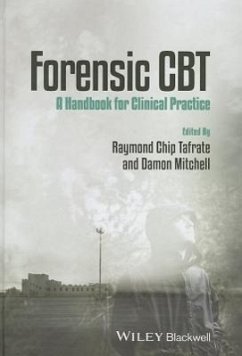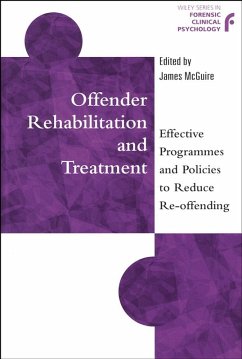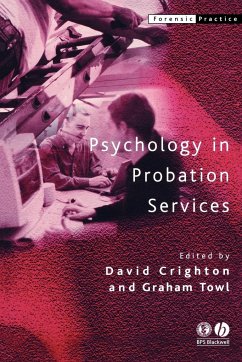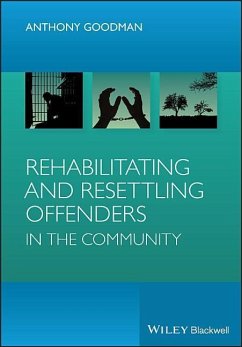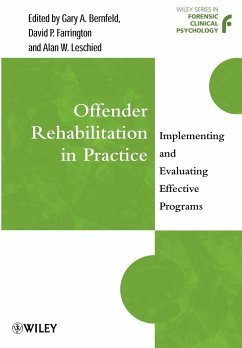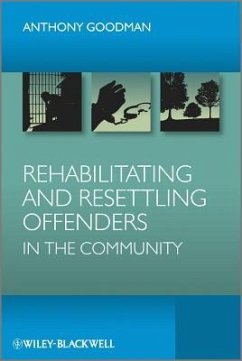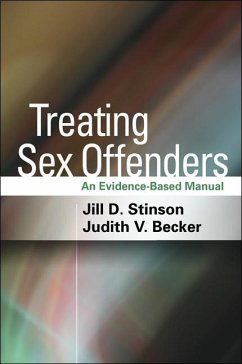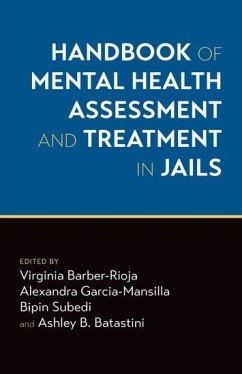Nicht lieferbar
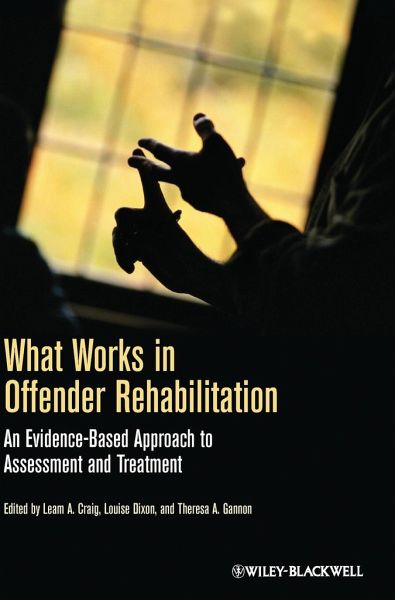
What Works in Offender Rehabil
Versandkostenfrei!
Nicht lieferbar
Edited by a highly respected team of forensic psychologists, this comprehensive volume brings together the very latest evidence base for offender assessment and rehabilitation. Leading researchers, clinicians and practitioners from Europe, North America, Australia and New Zealand present and discuss empirical findings of treatment efficacy, evaluating assessment frameworks and intervention strategies in order to provide readers with a guide to best practice in rehabilitation across a wide variety of offenders. Each chapter summarizes current theories for different forms of offending behaviour ...
Edited by a highly respected team of forensic psychologists, this comprehensive volume brings together the very latest evidence base for offender assessment and rehabilitation. Leading researchers, clinicians and practitioners from Europe, North America, Australia and New Zealand present and discuss empirical findings of treatment efficacy, evaluating assessment frameworks and intervention strategies in order to provide readers with a guide to best practice in rehabilitation across a wide variety of offenders. Each chapter summarizes current theories for different forms of offending behaviour and explores how the evidence base supports the theoretical assumptions and informs assessment and treatment. The populations covered include offenders with personality disorders, psychopathic offenders, juvenile offenders and offenders with intellectual difficulties, and both secure institutions and community treatment settings are discussed. A broad range of offences are also examined including intimate partner violence, sexual offending, anger-related offending, substance-related offending and arson.




